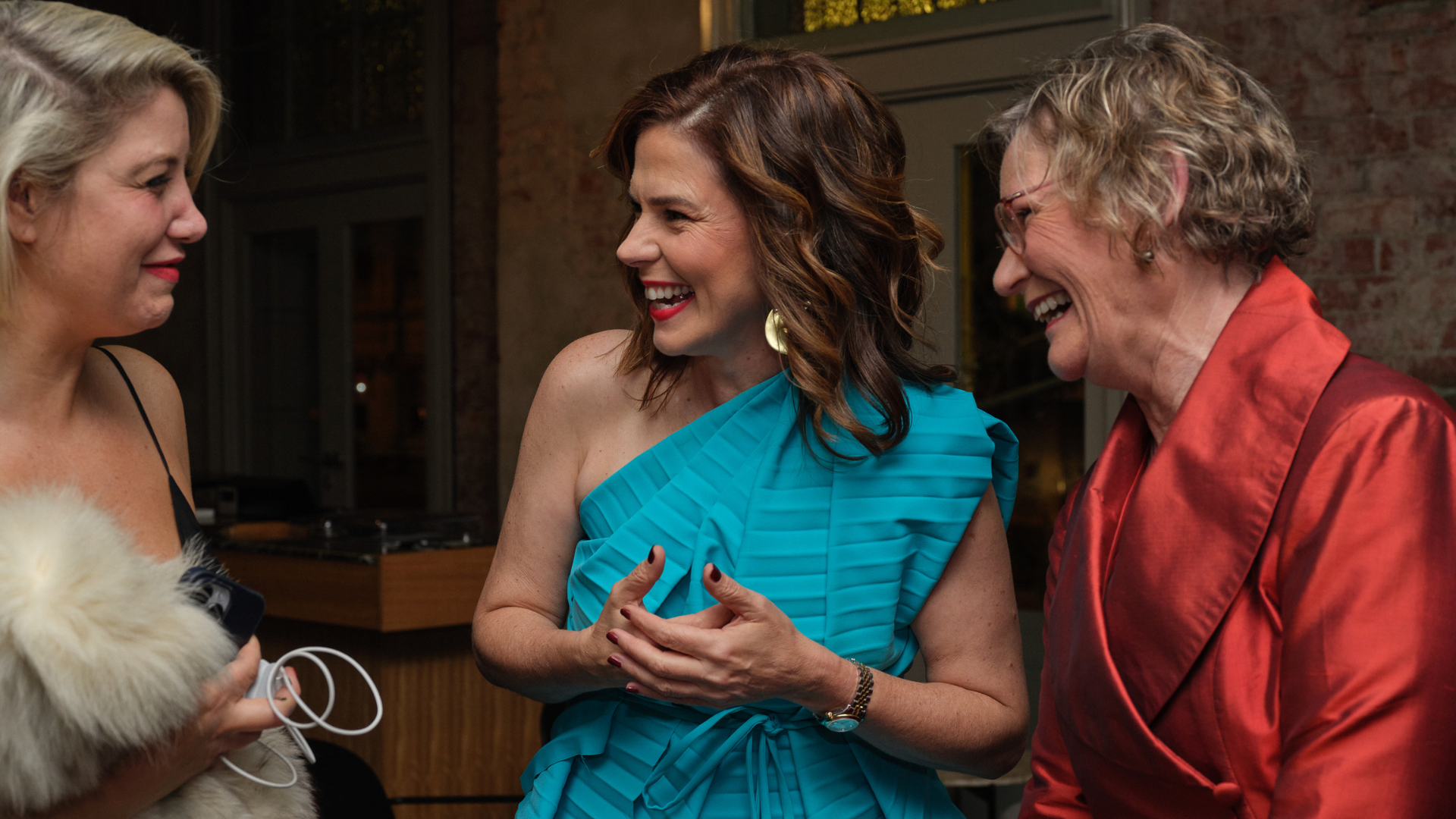Romantic, personal or professional—it’s rarely a clean decision.
Most people don’t leave because it’s unbearable. They stay because it’s almost bearable. And that’s what makes it so hard to walk away.
When the relationship isn’t toxic, the business partnership isn’t broken, the friendship isn’t awful… but something still feels off, it’s easy to second-guess yourself. You wait for a sign. For certainty. For something dramatic enough to justify leaving. But sometimes, the discomfort is quiet. And the decision? Yours alone to make.
When You’re Torn Between Staying or Leaving
People often say they feel stuck. That they’re waiting for clarity. But what they’re usually waiting for is a guarantee. A clear reason. A moment that makes it obvious what to do.
But here’s the thing. Clarity doesn’t always show up with flashing lights. It’s quieter than that. And often, it’s not about being right or wrong. It’s just about choosing.
“You are always one decision away from a different life.” — Mel Robbins
Whether it’s a romantic relationship, a long-time friendship, a business collaboration or a job that once felt aligned, the hardest choices are usually the ones that look fine from the outside.
The Slow Fade is Harder Than the Crash
Not every ending is explosive. Sometimes it’s a slow fade. The growing gap you can’t explain. The moments where you feel yourself pulling back. The energy that used to feel easy now feels like effort.
You’re still present. Still showing up. But something has shifted. And it’s not just a phase.
This is the discomfort that’s hardest to name — because there’s nothing clearly wrong. Which makes walking away feel dramatic or premature. But deep down, you know when something no longer fits.
Overthinking Isn’t Clarity
High achievers love a problem they can solve. They gather data. Ask for feedback. Think themselves in circles. But the truth is, the longer you sit in analysis, the more disconnected you become from your own inner knowing.
You don’t need more opinions. You need more honesty.
Most people aren’t stuck because they don’t know. They’re stuck because they’re scared to act on what they already know.
Ask Better Questions
Instead of asking, “Is this right or wrong?”, try asking:
- Does this still align with who I am becoming?
- Am I staying out of love, fear, or guilt?
- If nothing changed in the next twelve months, would I be okay with that?
- If my best friend was in this situation, what would I say to them?
These aren’t easy questions, but they cut through the noise. They bring you back to your truth, even if that truth is uncomfortable.
Culture, Loyalty and the Pressure to Stay
Some decisions come with extra weight. Family expectations. Cultural pressure. That deep sense of loyalty that tells you walking away is selfish or disloyal.
But loyalty that costs you your peace, your identity, your energy — that’s not loyalty. That’s self-abandonment.
You can honour where you’ve come from without staying stuck in it.
Choosing yourself doesn’t mean you’re betraying others. It means you’ve stopped betraying yourself.
Leaving Isn’t a Failure
We’ve been taught to believe that staying is strong. That holding on shows commitment. But sometimes, leaving takes far more courage.
You don’t need to wait for something to fall apart in order to walk away.
You don’t need a breakdown to justify a breakthrough.
Sometimes, the most powerful move you can make is to quietly choose a different direction — one that fits who you are now, not who you were when it all began.
“If you’re waiting for it to get worse so you can justify leaving, you’re already abandoning yourself in the process.” — Justine Campbell
That’s the part no one talks about. The way we betray ourselves slowly — by staying silent, staying small, staying stuck — until something forces our hand.
You don’t need perfect clarity. You don’t need a perfect reason. You just need to be willing to tell yourself the truth.
Because this isn’t about finding the right decision. It’s about making a conscious one — and backing yourself.
That’s where the power is.


